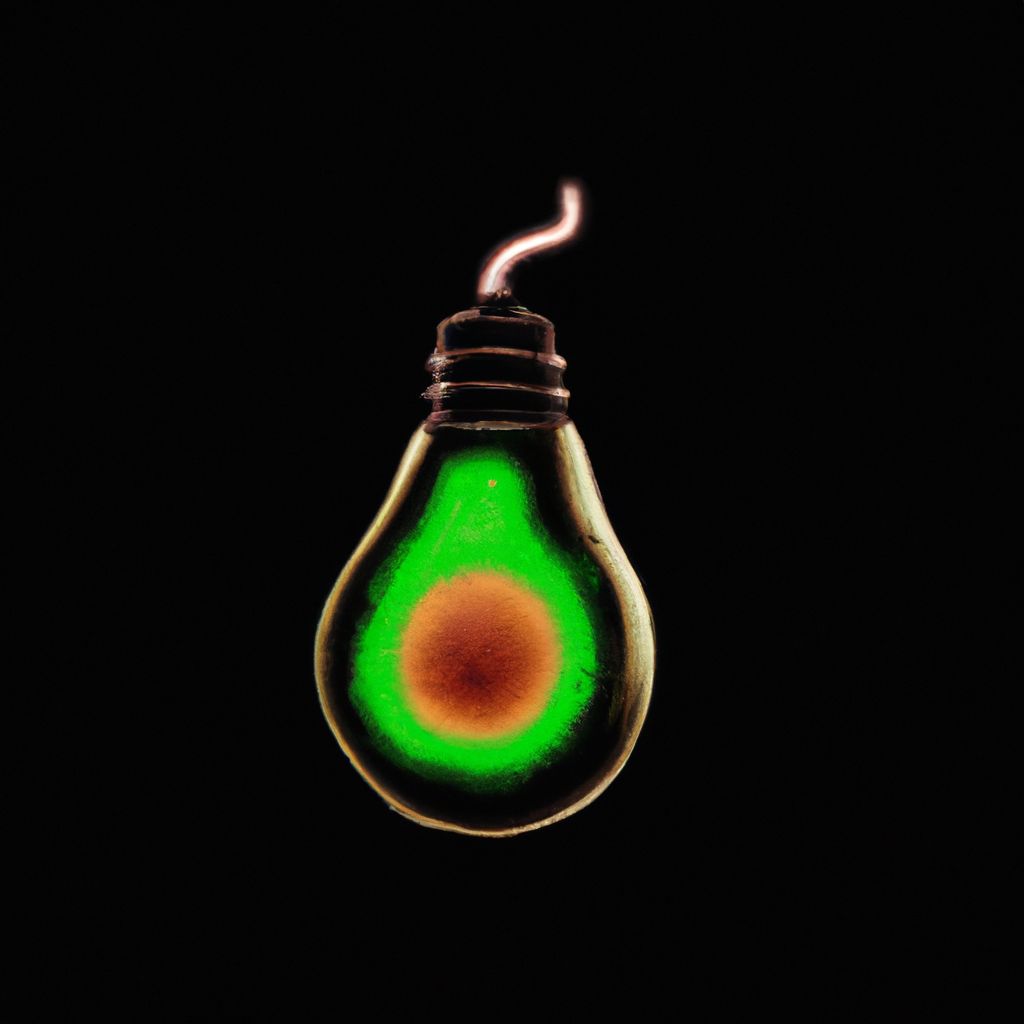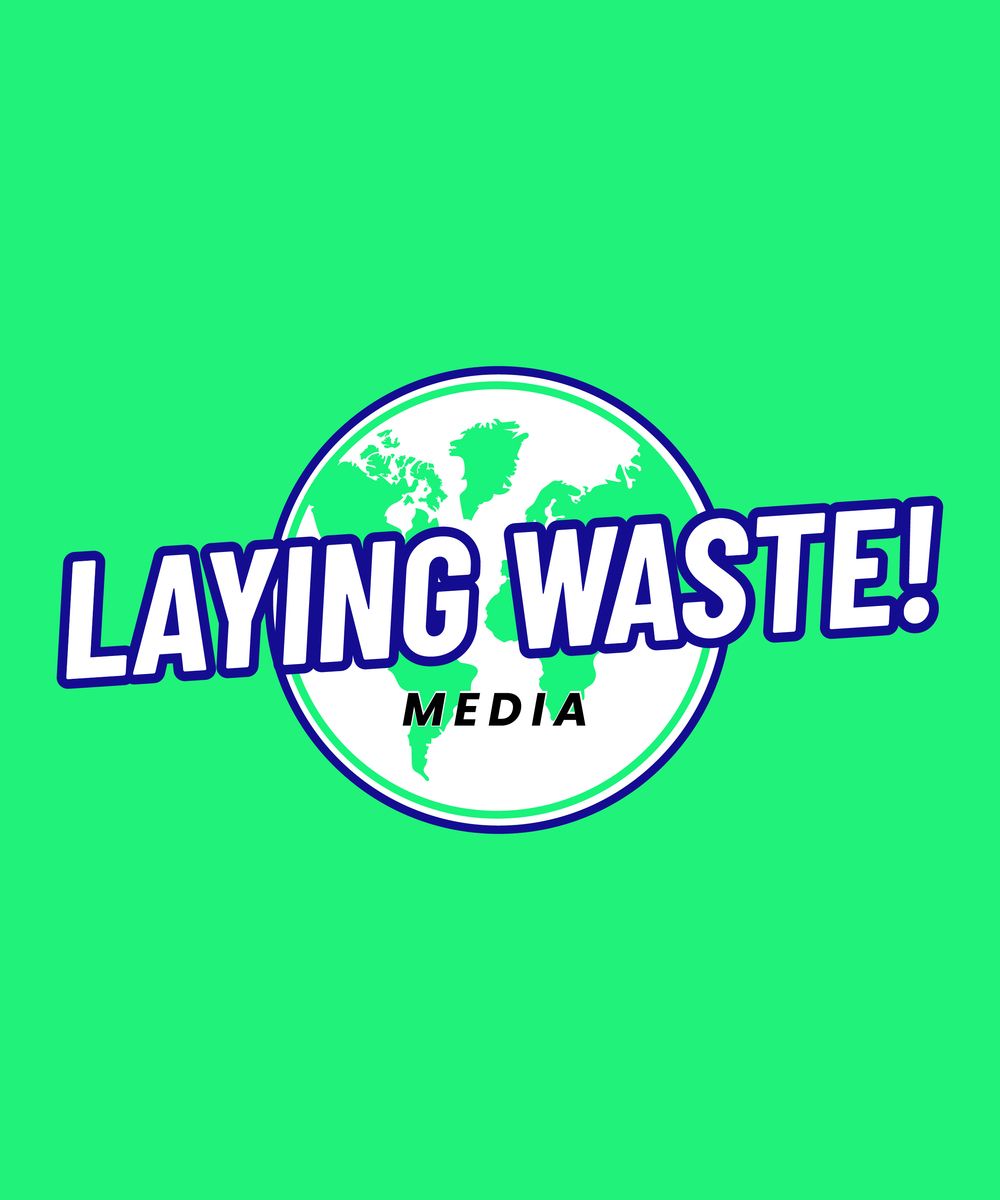This Week In Waste: From Leftovers To Lights - The Brilliant Upside of Food Waste
While it might seem that food would harmlessly compost, the reality is different. In landfills, decomposing food releases methane – the greenhouse gas that is 80 times more potent than carbon dioxide. So, even though it's 'just food' when left to rot in vast quantities, it contributes significantly to our planet's environmental challenges.
Our first stop on this food waste tour is an Asian city of 10 million residents where almost 100% of food waste is recycled, can you guess which one?
And we're looking at more than just curbside bins. We're sailing the high seas with Royal Caribbean Cruise liners who've implemented their own proprietary waste-to-energy system and AI tech aboard their newest luxury liners to efficiently manage food and solid waste.

We're also exploring how modern retailers are turning to AI to keep track of and minimise food surplus and waste throughout their supply chains. And that's just the tip of the compost heap. So let’s dive in!
Which Asian city recycles almost 100% of its food waste?
The answer. Seoul 🇰🇷 . The city of 10 million residents (yes that’s half the population of Australia) produces 2,500 tonnes of food waste daily.
In a recent article from the LA Times titled "How South Korea’s composting system became a model for the world," journalist Max Kim sheds light on South Korea's impressive food waste management system that has been embedded into the daily lives of Seoul residents and turns food waste into biogas powering residential homes.
"Since South Korea banned land-filling food waste in 2005, followed by another ban on dumping its liquid byproduct (known as leachate) into the ocean in 2013, the country has operated a comprehensive composting program that recycles almost all of its discarded food into fertilizer, animal feed or, in the case of Nanji Sewage Treatment Center, a type of fuel called biogas."
This progressive approach, established almost two decades ago, stands as an inspiration for cities worldwide aiming to achieve sustainable food waste management. Read full article here.
A similar model could be rolled out in Sydney where Race2030 has been working on a fascinating project with Sydney Water and UTS to map the potential of using Sydney’s urban organic waste as a source of bioenergy.
The Race2030 study mapped the city's organic waste potential, uncovering its significant capability for bioenergy generation through anaerobic digestion. The opportunity could save 33,000 tonnes of carbon dioxide every year for the across the 3 local council areas included in the study, which covers about 18% of Sydney’s population, or nearly 1 million people.
Key takeaways include:
Wastewater Treatment Plants' Power: Three key wastewater treatment plants in Sydney namely Malabar, St. Mary’s and Riverstone might hold the key to fulfilling 20% of the city's anaerobic digestion infrastructure gas needs by the end of this decade.
Biogas Boom: The diversion of organic waste from landfill could lead to the production of a whopping 38 billion litres of biogas. This translates to an impressive energy value of 1.37 billion MJ!
Waste Breakdown: Among the organic waste sources, food remains king, accounting for 49% of the potential energy. Garden organics follow at 38%, with the balance coming from sewage, and fats, oils, and greases.
For a deeper dive into this groundbreaking research and the roadmap to greener energy in Sydney, check out the full study on the Race2030 website.
Jumping offshore, we explore the revolutionary way cruise ships are powering their luxury liners using waste.
🛳️ From Fine Dining to Fuel: The Revolutionary Way Cruise Ships Are Powering Their Luxury Liners
Large cruise ships generate over 200,000 gallons of sewage and 8 tonnes of solid waste weekly. If diverting and reducing waste on land is a challenge, imagine tackling waste management on board ships while travelling from port to port. Read our latest feature.
🥬 When Silicon Met Lettuce: Preventing 26,705 Tons CO2e Emissions in One Fresh Move!
In a groundbreaking pilot program, the Pacific Coast Food Waste Commitment in the U.S. working with large grocery retailers used the power of AI to predict demand and optimise ordering.
The pilot focussed on fresh produce and ran across 2 years resulting in an impressive 14.8% average food waste reduction per store and preventing the release of 26,705 tons of CO2e emissions.
The core takeaway? Using AI early on in the supply chain to tackle ‘low hanging fruit’ can proactively address food waste before groceries reach households.
Read more here.
And now a Sneak Preview into This Week's Waste Spotlight: E-waste & Green Metals
Last week, I had the unique opportunity to visit Mint Innovation’s biorefinery in Smithfield. The cutting-edge facility, situated in Western Sydney, is at the forefront of transforming e-waste. Using smart chemistry, they're extracting green metals from waste — think half a tonne of gold and 1,000 tonnes of copper a year — metals that play a pivotal role in electrification and decarbonisation efforts. This visit was an eye-opener, and I'm excited to dive deep into the world of e-waste, green metals, and mining decarbonisation in our next newsletter. Stay tuned for an in-depth article complete with insights from the visit, photos, and a look into how these industries are evolving to meet the demands of a sustainable future.

📈 Funding & Policy Pulse
AgriFutures Rural Womens Award 2024 is open for entries. If you’re working to positively impact and future-proof regional Australia, apply now!
Each State and Territory Winner receives a $15,000 Westpac grant for their project, business or program, access to professional development opportunities and alumni networks. Deadline is 13 September. More at AgriFutures website.
📅 Social Diary
Thursday 7/9 @ AIMEX, Sydney, Sydney Showground.
We’re visiting AIMEX this week to learn about mining decarbonisation initiatives and attending a session on the value of using circular economy principles in a session to be presented by Valentina Petrone, Circular Economy Lead at WSP.
You can register for free on the AIMEX website. If you’re there let us know and we’ll come and say Hi!
📕 Book of the Week
Actually 5 Aussie Cookbooks This Week To Kickstart Your Zero-Waste Kitchen Journey
A good place to start on reducing waste is in the kitchen Here’s our pick of the top five must-read books that will inspire you to embrace a zero-waste meal prep approach. Check out the list.
—-----
Spring is here! And we’re excited to be hatching the next issue of our magazine and the first season of our podcast series for November.
If you have a story to share or would like to be featured please reach out to us.
Till next week,
Jane, Helen & Laying Waste Media Crew
